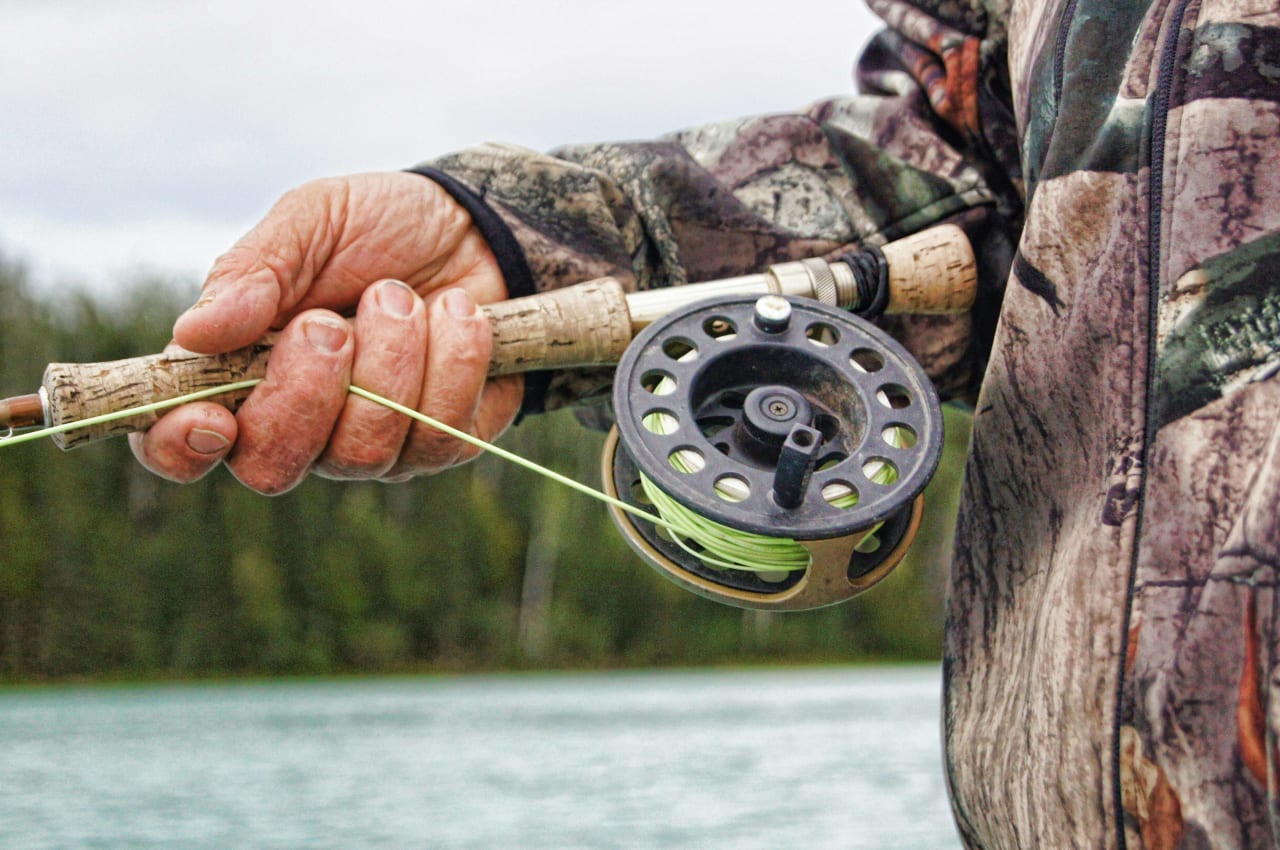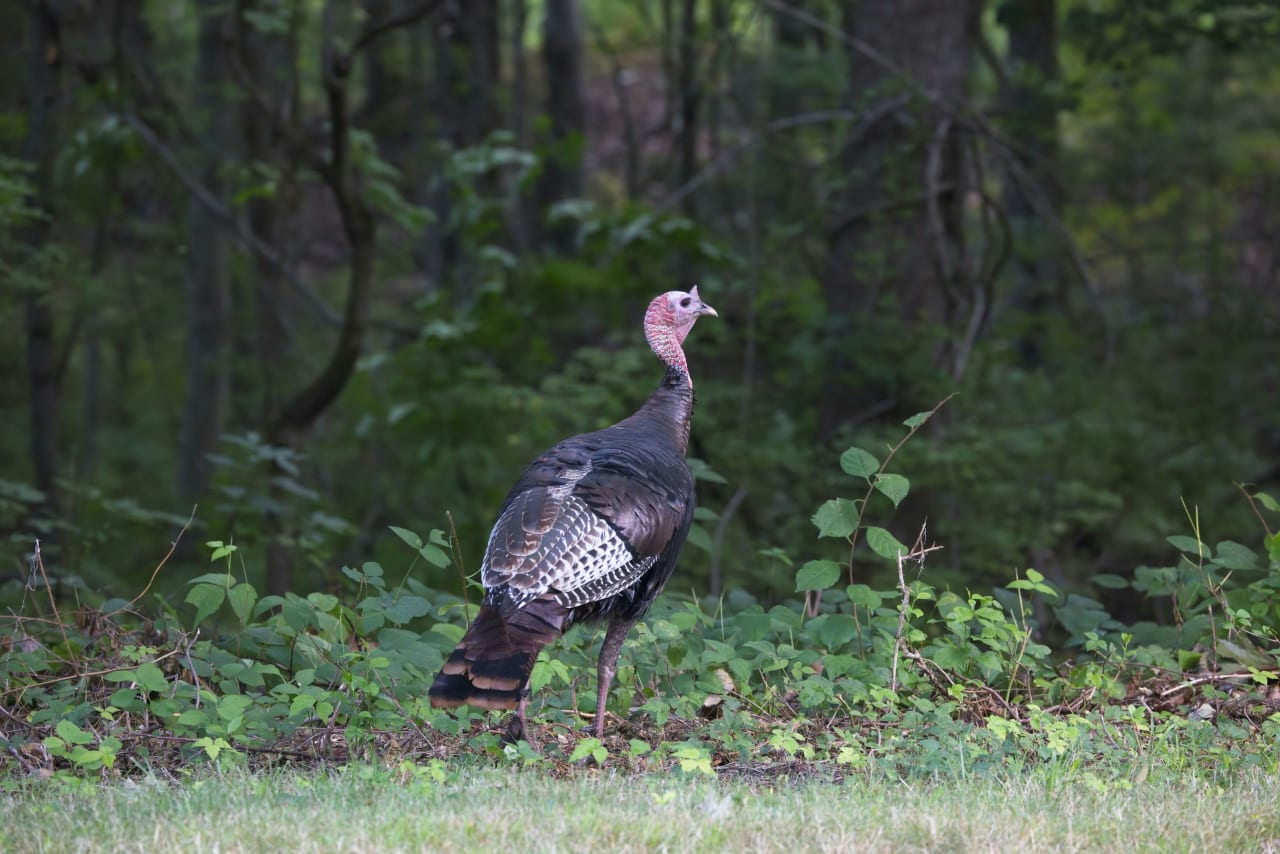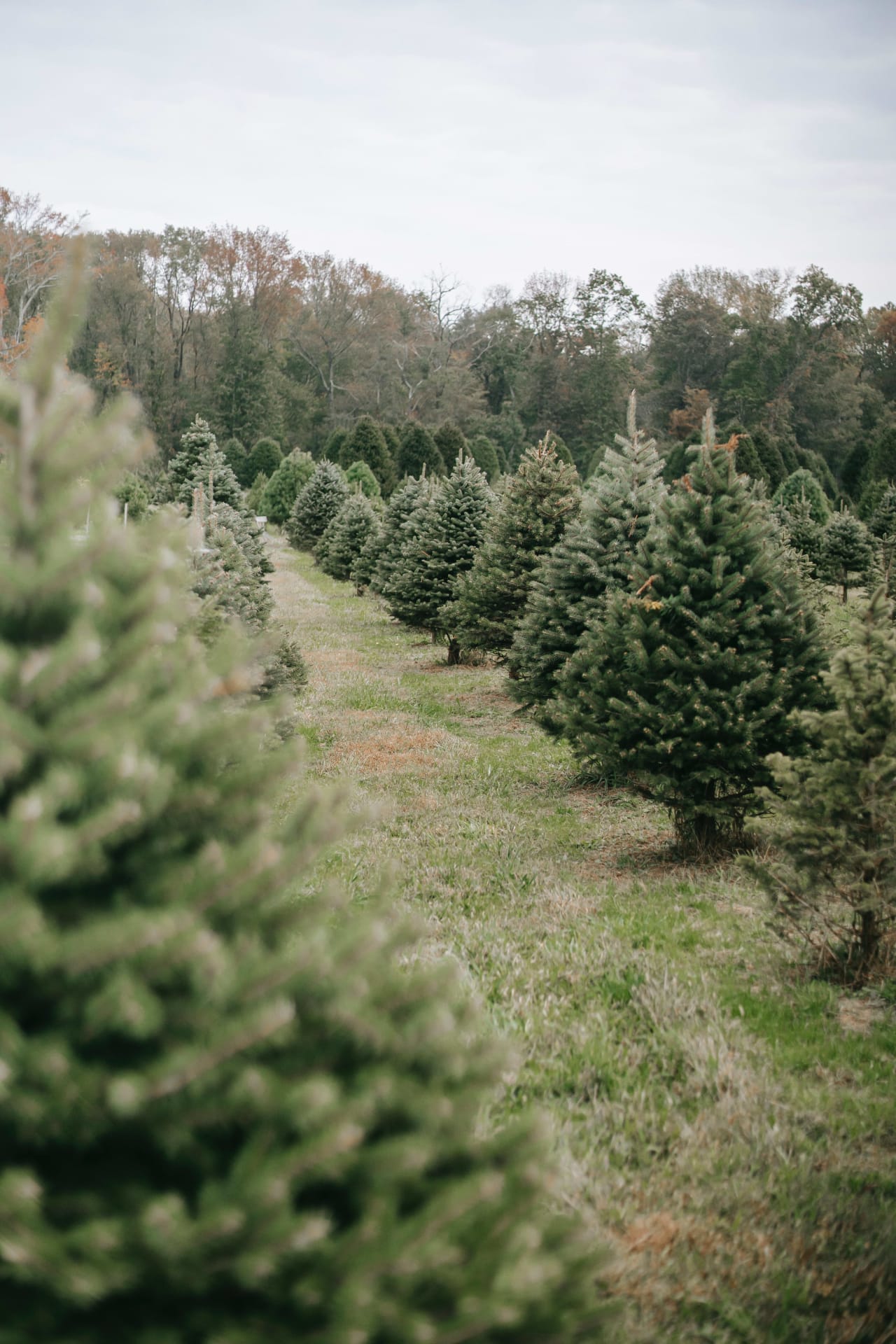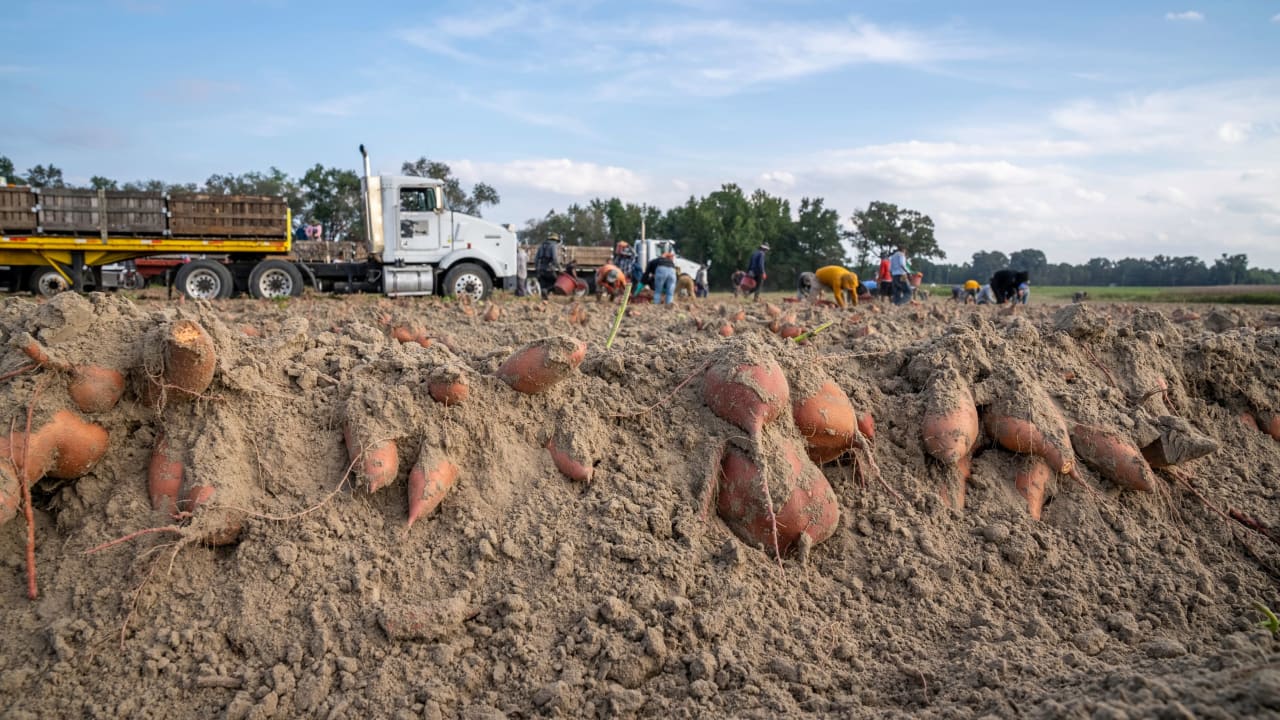With the onset of fall comes many a bird lover’s dream: the great migration south. This year’s dream migration could become quite the nightmare for our domestic fowl thanks to the devastating outbreak of bird flu in the United States. The North Carolina Department of Agriculture is preparing for the Avian Flu by informing its constituents about this disease and has issued its emergency order that anyone with even one pet chicken register in order to help contain any potential outbreaks. Highly Pathogenic Avian Influenza (HPAI) or simply “bird flu” can devastate entire flocks (both commercial and backyard/recreational) and has affected nearly half of our 50 United States, killing more than 50 million birds since December 2014.
Currently, the Centers for Disease Control and Prevention consider human risk of contracting HPAI H5 to be low. As with any virus, natural mutations can occur which could change transmission success or even human viability, as seen in the Far East and the Middle East so far.
HPAI infections may not manifest immediately, and migratory birds may seem completely symptom free as carriers. Signs of infection can be lack of energy, not eating well, sneezing, gasping or difficulty breathing, nasal discharge, diarrhea, stumbling, difficulty standing or even sudden death. Often these observable symptoms begin presenting about 24 hours before death. If you notice any of these symptoms in your flock, don’t wait. Call USDA toll free at 1-866-536-7593 or in North Carolina contact our
state veterinarian animal disease diagnostic lab.
Flocks are exposed to HPAI through droppings from migratory fowl, and contact with these birds most often occurs where domestic flocks eat and drink. To prevent contact, follow adequate biosecurity protocol, including separating shoes, gloves and clothing worn during care of flocks. Consider covering runs and coop areas, and use fencing to separate flocks from areas frequented by visiting wild fowl.










